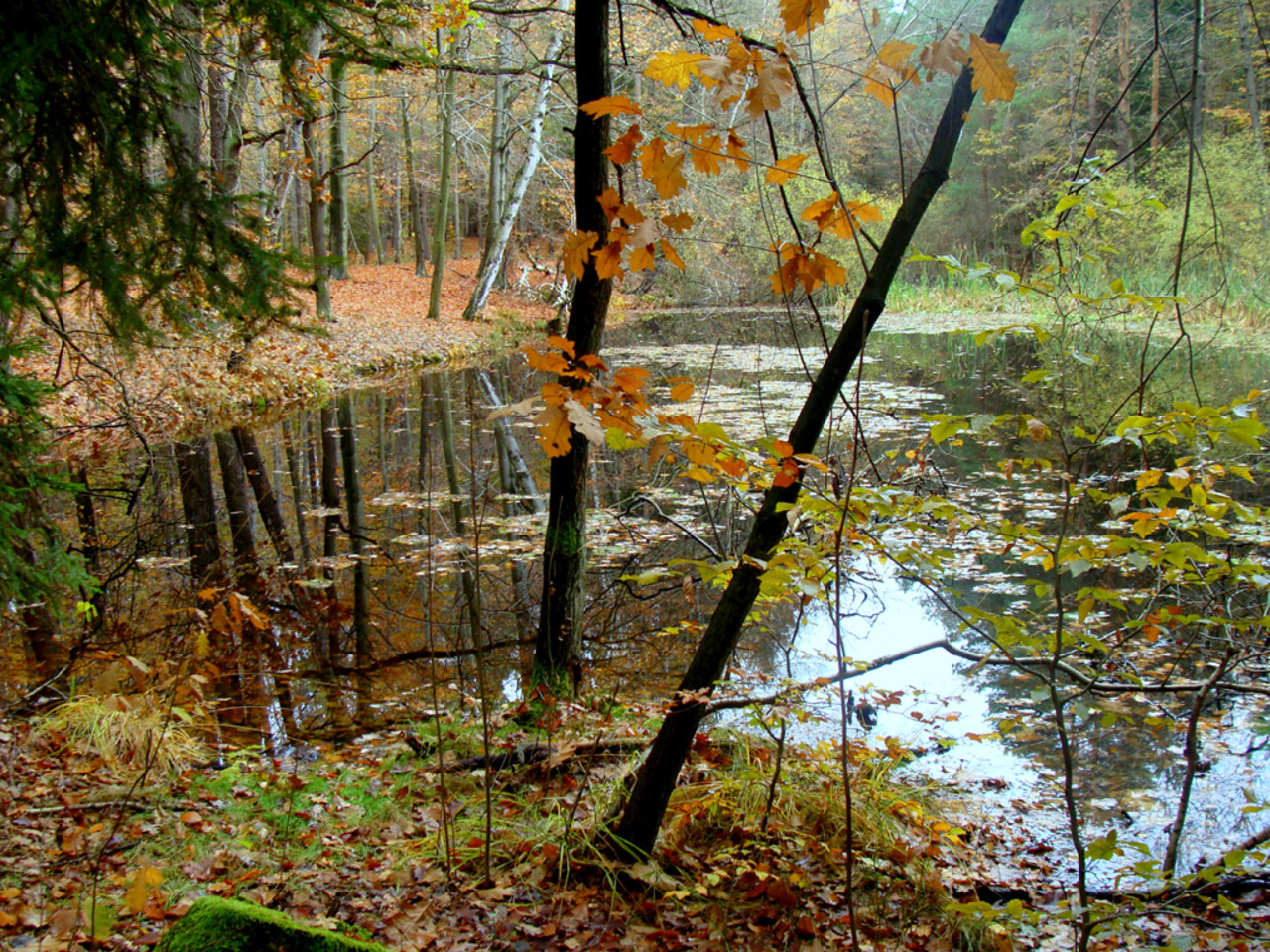Urban Nightlife
Which city has the best nightlife?
When it comes to vibrant city nightlife, a quantity of cities stand out around the globe. Here are some of the prime destinations identified for their distinctive nightlife:
- New York City, USA
- Offers a plethora of bars, golf equipment, 안마 and live music venues
- Famous neighborhoods like Manhattan and Brooklyn are nightlife hubs
- Tokyo, Japan
- A mixture of traditional and modern bars and izakayas
- Shibuya and Roppongi are in style for night out
- Barcelona, Spain
- Known for its late-night parties and beach clubs
- Areas like El Raval and Eixample are vigorous after dark
- Berlin, Germany
- Famous for its techno clubs and alternative scene
- Clubs like Berghain appeal to crowds from everywhere in the world
- Las Vegas, USA
- Offers luxurious nightclubs and lavish shows
- The Las Vegas Strip is a famend destination for nightlife
Each of those cities supplies a novel nightlife experience, making them top decisions for those trying to enjoy vibrant city after-hours scenes.
Is clubbing good or bad?
Clubbing can have both positive and adverse features, particularly within the context of urban nightlife. Here are some factors to think about:
- Social Interaction: Clubbing offers alternatives for people to fulfill new associates and have interaction with others in a energetic setting.
- Entertainment: Clubs often function music, dancing, and performances, which could be a nice source of enjoyment and relaxation.
- Cultural Expression: Nightclubs can showcase varied music genres and cultures, selling variety and cultural change.
However, there are potential downsides:
- Health Risks: Excessive consuming and partying can lead to well being issues and dangerous behaviors.
- Noise Pollution: Clubs can contribute to noise in city areas, affecting close by residents.
- Safety Concerns: Some people may encounter violence or harassment in crowded or poorly managed venues.
In conclusion, whether clubbing is considered good or bad largely is determined by private experiences, decisions, and the context of the nightlife environment.

Why do people go to nightclubs?
People go to nightclubs for quite lots of causes, making it a vibrant facet of urban nightlife. One of the first motivations is social interaction. Nightclubs provide an area the place friends can collect, meet new folks, and strengthen social bonds.
Another significant reason is music and entertainment. Many nightclubs feature stay DJs or performances, creating an brisk ambiance that draws those trying to dance and luxuriate in high-quality soundscapes.
Additionally, the attract of escapism plays a job in why people frequent nightclubs. After a protracted week, many seek a lively environment the place they will quickly escape their daily routines and immerse themselves in pulsating rhythms and vibrant lights.
Nightclubs also serve as a platform for self-expression. Many patrons use the opportunity to showcase their fashion and private style, often feeling extra liberated in the nightlife setting.
Lastly, for some, the excitement of nightlife—from themed events to movie star appearances—adds an exhilarating dimension that draws crowds looking for new experiences and unforgettable nights.
